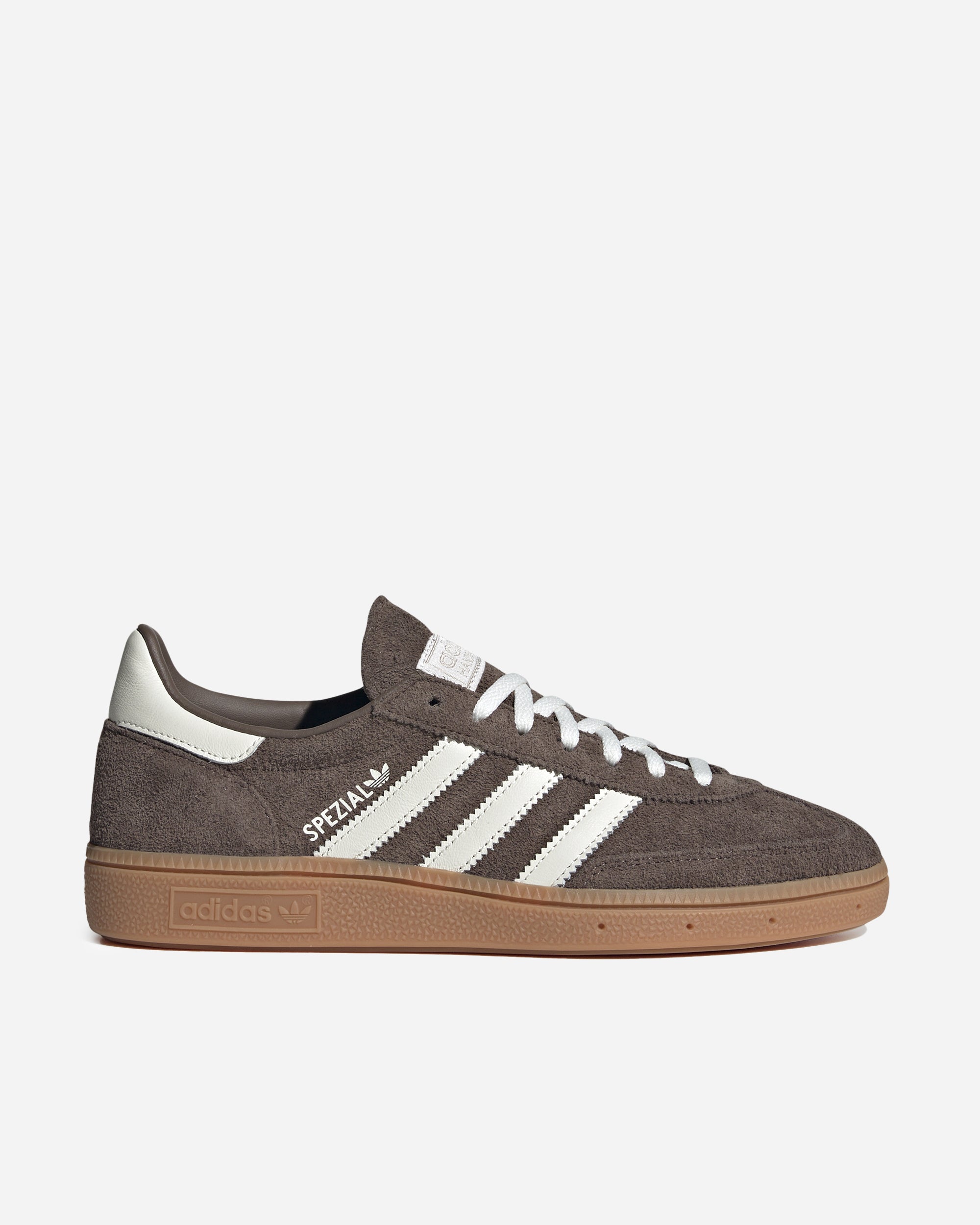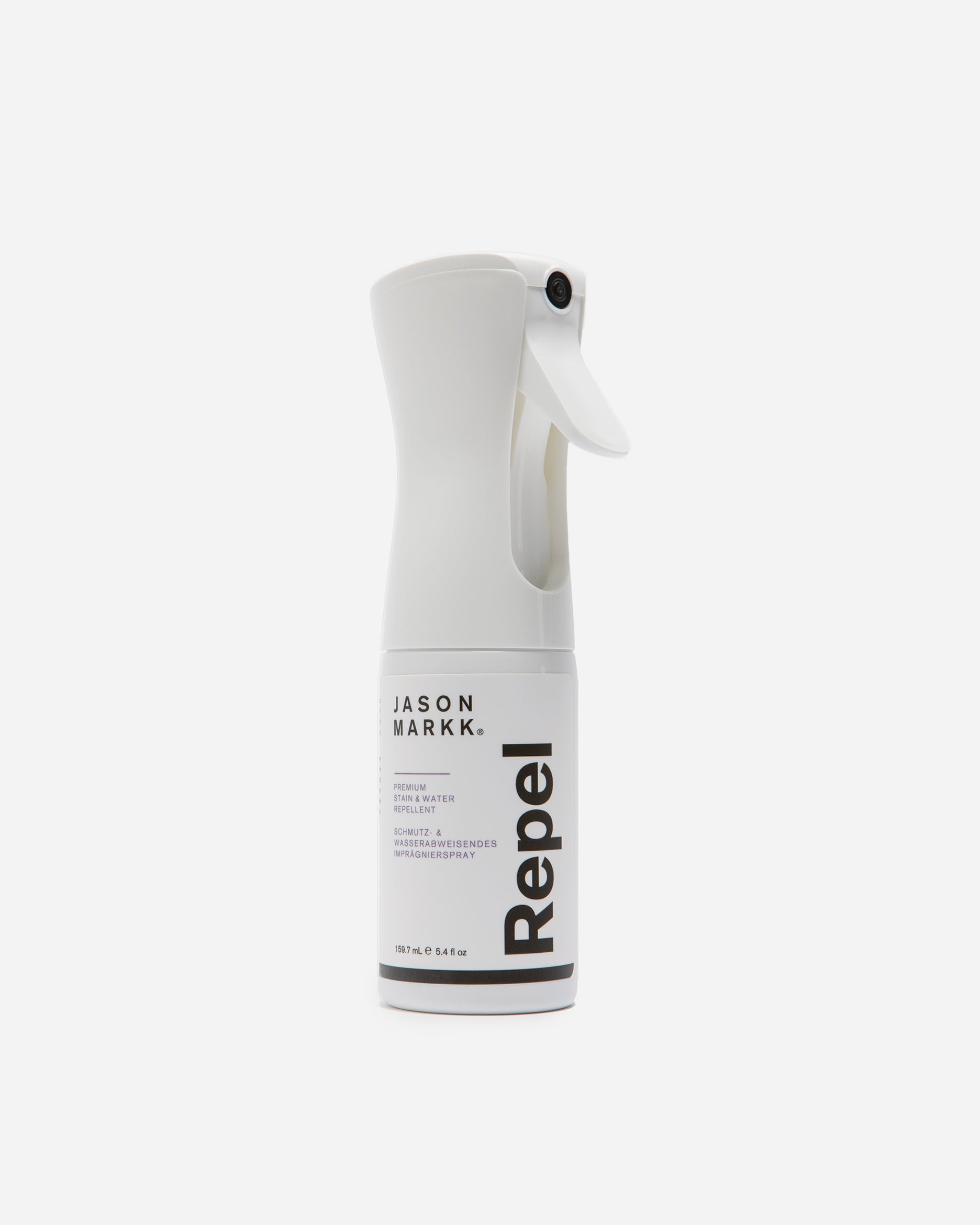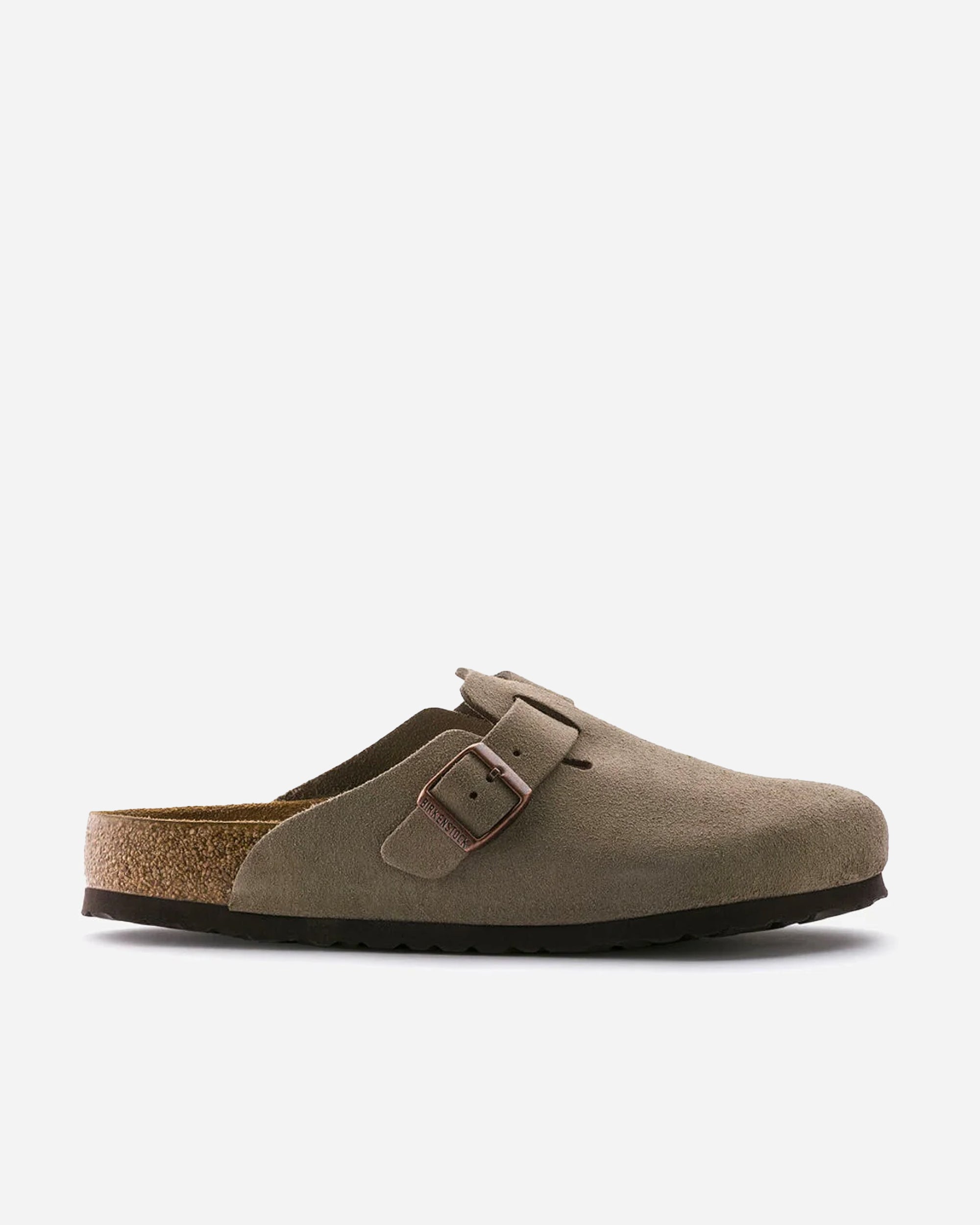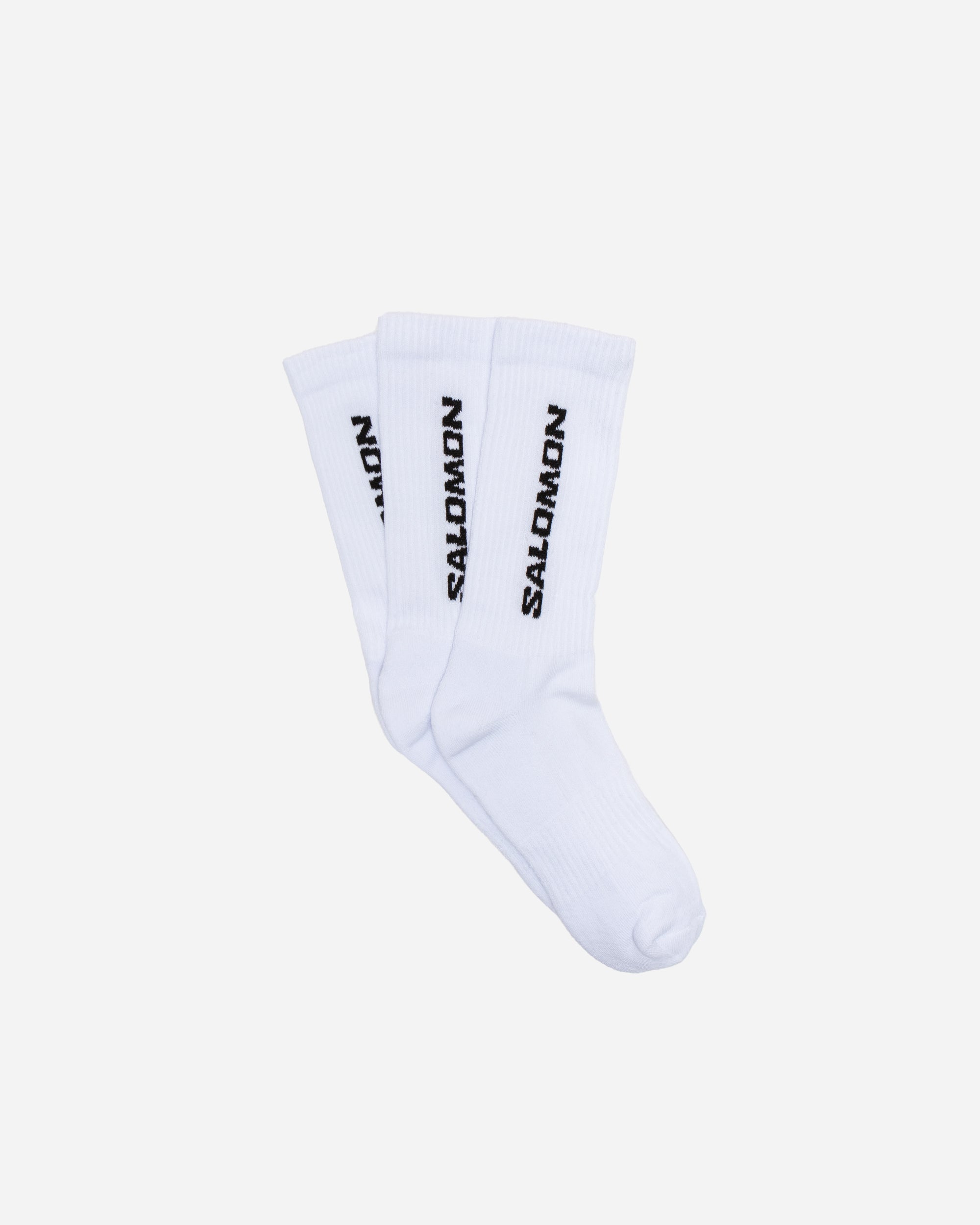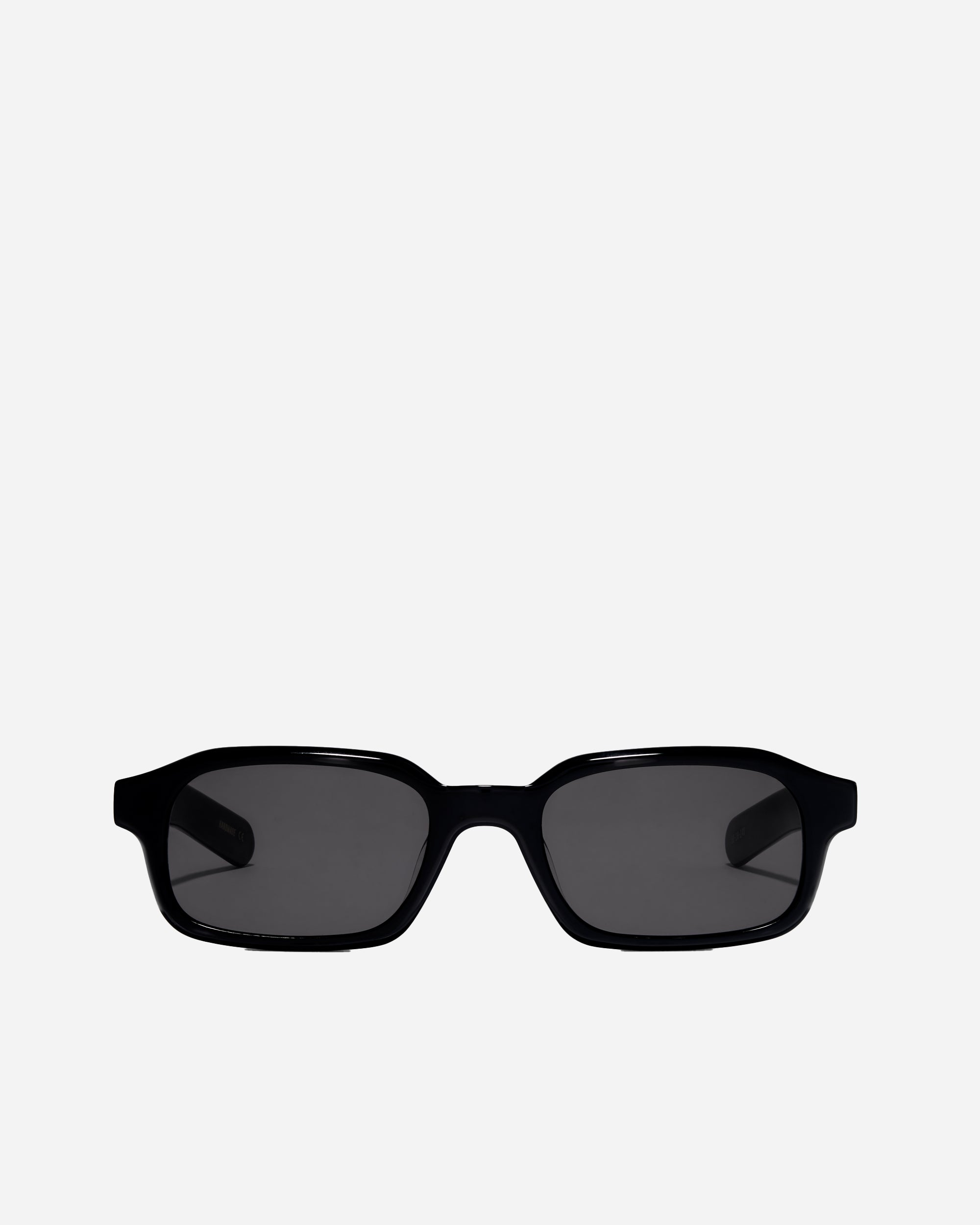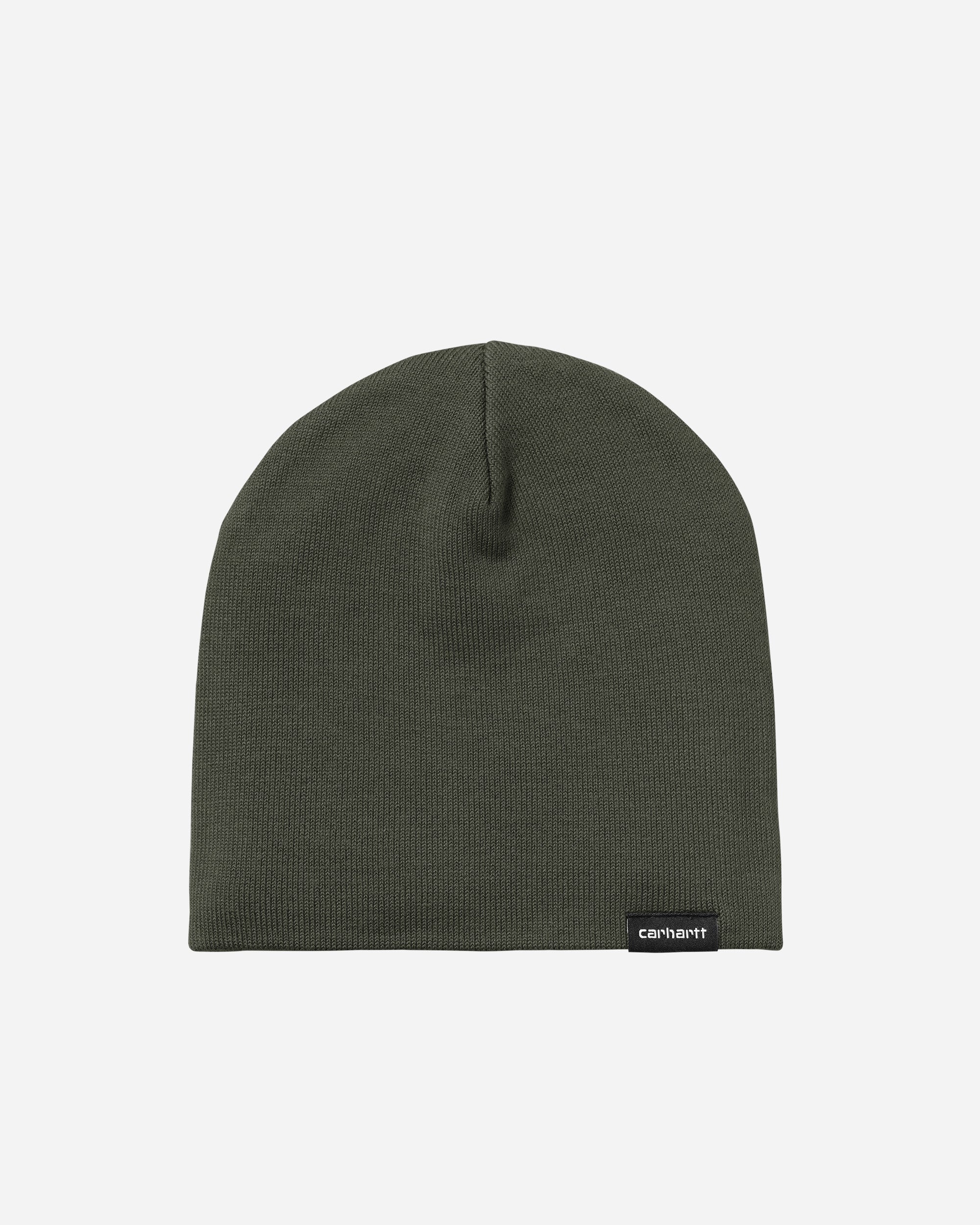
NIKO JUNE: The World’s Most Active Office
Words by Gregory Noonan
NIKO JUNE isn’t an art studio – it’s much more than that. A design brand based out of Denmark, they’re here to redefine our relationship with the objects in our lives by giving us a real, emotional connection to them. To cut down on waste, every piece is made to order, by hand, ensuring no two are ever alike. With every piece out of their studio, NIKO JUNE embraces its imperfections because it’s what makes every object unique, it’s what makes the object truly yours. With a production cycle beholden only to the moment, their creative output is only ever limited by what materials they can get their hands on.
Let’s meet NIKO JUNE



Who is NIKO JUNE?
Obvious question, but might not be so straightforward an answer. NIKO JUNE is a design brand that creates good objects made to last.
You describe yourself as an active office, what does that mean for us artistic novices?
We try our best not to be stuck in something. We want to explore new possibilities and challenge ourselves. An active office is a studio where we actually make things. Both material and immaterial.



Flexibility and the importance of imperfection are defining elements of your studio– is there a meaning to that?
It goes together with the question above. We try our best to seek new ways of production and thinking about objects. We want to educate our customers and follow that imperfection is part of an object's soul and just makes it unique. We like our production to be flexible, we don't want to make things that don't get a long life. Therefore our production is small and flexible. If nobody wants it, we don't make it. The worst thing for us would be to contribute to overconsumption and putting more shit out in the world nobody wants. So if people don't intend to keep our products and take care of them, we ask them not to buy them.
Could you explain how sustainability factors into the production at NIKO JUNE?
Yes! We try our best to make everything as good as we think is possible. We produce everything here in Denmark and it's made to order. We look into materials, shipping, etc. But with all that said we really like to say that we look at sustainability emotions. If we make a product that the customer would keep forever - create a bond of ownership and take care of the object. Then what it's made of doesn’t matter that much. Does it make sense? It's about relationships.



Your product descriptions are unlike anything else, using language as an aesthetic to accentuate the object, what drove that decision?
The answer to that is above. But the text is our emotions, in this case, they are written by artist Amanda Lydért and it's her emotions and references to the objects. We would like everyone to start to think like that about an object. How do you create a relationship that makes you keep it and take care of it?
Many of your pieces center around everyday objects like candle holders, vases, and trays, does utility play a big part in your designs?
We have started making the objects that we felt were right for where we are as a company. Everything has a function and I'm quite sure we are continuing like that. There will be things coming out soon that don't have as clear a function as a candleholder - function can be many things.
Most of our objects are created because we feel like we need them. So an example could be that we are expanding our team and we need another desk, then we make it. And if it's good it might end up as a product.

